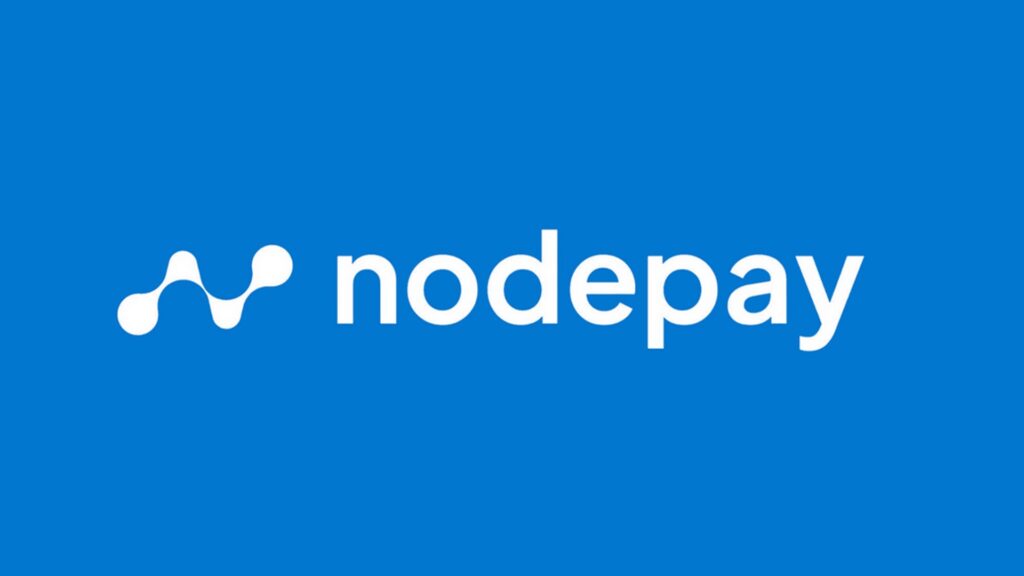DeSci (Decentralized Science) is a new trend in the Web3 field. Applying blockchain technology to scientific research activities to optimize processes, reduce costs and create a transparent ecosystem. DeSci was born with the mission of democratizing science and eliminating barriers of the traditional system.
This trend has many meanings for the development of society, it is receiving support from many big names in the industry, including Binance founder Changpeng Zhao (CZ). In recent days, CZ has continuously shared news about investing in the DeSci field, along with participating in a closed meeting organized by Labs with the theme of DeSci, the meeting also had the participation of Ethereum founder Vitalik Buterin.
DeSci – What is Decentralized Science?
In the traditional scientific system, power is concentrated in large research units and funding organizations, making the industry less transparent and limiting the ability of the community to access data, thereby making it difficult for independent scientists.
Blockchain with its transparency, immutability and decentralization helps to solve these limitations. By streamlining research activities and storing research data on the blockchain space, DeSci opens a new era where science becomes fair, accessible and transparent for everyone.
DeSci (Decentralized Science) is a scientific model that applies blockchain technology to solve inherent problems in traditional scientific research, such as intellectual property rights, data sharing, fairness and transparency in funding.
DeSci aims to democratize science, helping every researcher have access to and contribute to the research process without being hindered by financial barriers and the power of large organizations. Its mechanism is to encourage community participation and facilitate users to directly contribute, fund, and benefit from scientific discoveries.
Protecting intellectual property rights
In the traditional scientific model, intellectual property rights often belong to funding organizations or management units. DeSci solves this problem by using blockchain and NFTs to store and protect intellectual property rights in a transparent and public manner.
Each scientific innovation is tokenized as an NFT, helping scientists confirm ownership and full control of their intellectual property. This not only prevents idea theft but also facilitates them to trade, license, or call for investment without fear of losing control.
Sharing research data
DeSci stores and manages research data on the blockchain space, making these data public, transparent, and unalterable. It enhances security and makes it accessible to everyone. This is especially important for research fields that require widespread collaboration, allowing scientists from all over the world to easily access data and contribute to research. As a result, DeSci promotes global collaboration and enhances the ability to share scientific knowledge.
Transparent funding and use of funds
Traditionally, for a scientist or research team to conduct work, it is necessary to go through many steps of finding investors and presentation rounds, but now through DeSci, they can easily bring their ideas and funding proposals to the community to raise funds.
In addition, DeSci uses smart contracts to automate and make the funding process transparent. All activities are public on the blockchain, allowing the community to track the cash flow and spending of projects, avoiding a lack of transparency in the use of resources. In addition, smart contracts are also a way to ensure fairness in the distribution of benefits.
Promoting participation and contribution from the community
DeSci opens up opportunities for everyone to contribute to research projects, not limited to organizations or experts.
Scientific projects deployed on the DeSci platform have open data sources and unrestricted access to anyone, enabling individuals or organizations with a shared vision to contribute. This helps build an open science ecosystem where the community plays not only the role of sponsor but also a partner in the development and completion of research. The communityization of scientific research also promotes diversity and creativity, creating new perspectives and solutions.

